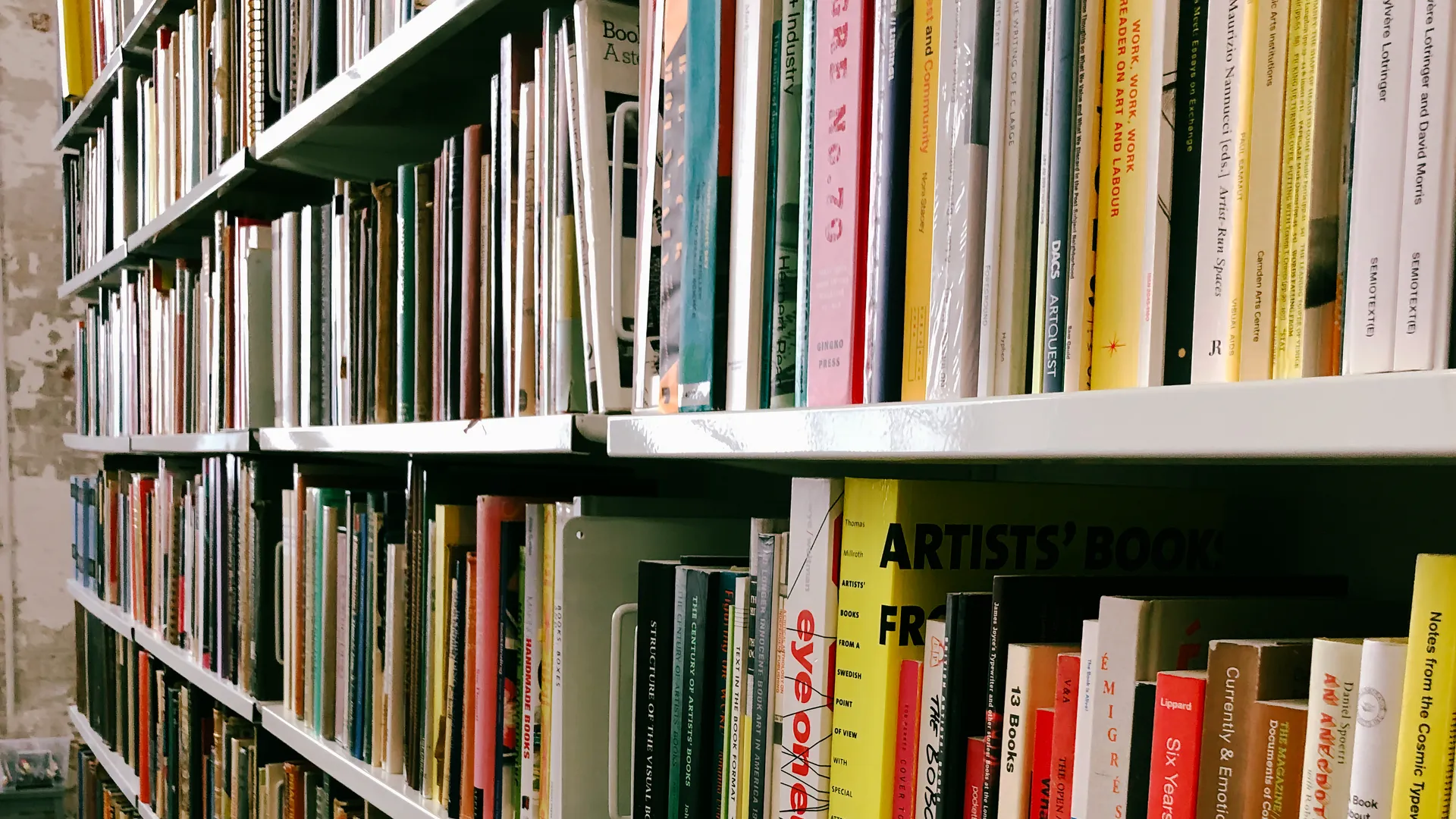You probably won't read those books

I’m writing this while contemplating a pile of books on my desk. There are about 30 of them. They will probably stay there for the next two years at my current reading speed. Plus, I will add more books on top along the way. This is a never-ending story. I start to think I’m a hoarder. Should I just clear the table and get rid of them? Would I feel better? In those books, there is hope you see. The hope of a better life, projects, and ideas. They are the promise of a more enlightened version of me.
We are herd animals who want to fit in and earn respect and approval from our peers. We collect things. Objects like books become a proxy of an ideal. We project our desires into them. Secretly our minds tell us: “people like me own those things”, “If I read this I will become better at my job”, “my friends are reading this thing and keep talking about it”. Great, peer pressure and echo chambers are dictating our choices.
How to make sure you are not wasting your time with non-essential reading? Life being finite, we want to maximise our exposure to stories and books that will forge our character and identity. But we want to do so mindfully to stay away from the noise and stay true to ourselves.
Back to my book pile; what will I do about it? I devised some strategies for a good autumn cleaning.
Strategies for filtering books :
- I’m pressured to read this, or do I have a genuine curiosity for it?
- Use Marie Kondo’s famous question, “Does it spark joy?”.
- Use Derek Sivers’s razor “Hell Yeah or No”.
- Comtemplate your finitude. There is only a limited amount of books you will be able to read in your life; is this one worth it?
- Stop reading things about topics I already know to avoid echo chambers.
- Flick and read a page at random. Do I like what I read?
- Read with intention. Only read things that are relevant to your current project. For example, it’s time to read those management books if you just started a job as a first-time manager.